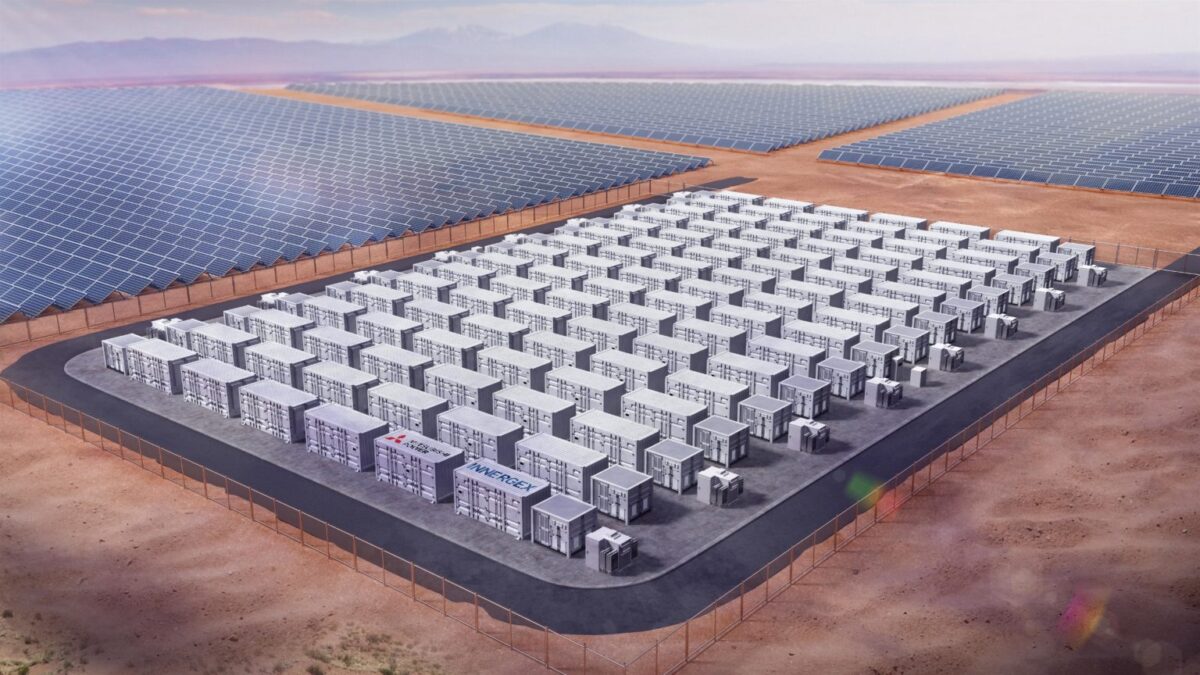From pv magazine LatAm
CNE, Chile’s energy regulator, has published the bidding rules for the Licitación Suministro 2023/01 renewable energy tender, which will supply electricity for regulated customers.
The CNE said in a statement that the planned auction will be for a total of 5,400 GWh, divided into two blocks of 1,800 GWh and 3,600 GWh each, to cover consumption from 2027 to 2028.
The selected developers will be allowed to add storage technologies with a duration of at least 4 h to their projects and will be entitled to secure a 20-year PPAs. Bidders have until Dec. 23 to submit project proposals.
According to the latest data from Acera, the Chilean renewables association, there are 6,950 MW of renewable energy and storage projects now under construction in the country. About 68% of them are solar projects and 25% are wind projects.
In addition, 231 MW of storage projects are currently under construction, 68 MW have received approval, and 57 MW are under review. PV projects with storage have a combined capacity of 2,930 MW.
Authored by PILAR SÁNCHEZ MOLINA
This content is protected by copyright and may not be reused. If you want to cooperate with us and would like to reuse some of our content, please contact: editors@pv-magazine.com.








By submitting this form you agree to pv magazine using your data for the purposes of publishing your comment.
Your personal data will only be disclosed or otherwise transmitted to third parties for the purposes of spam filtering or if this is necessary for technical maintenance of the website. Any other transfer to third parties will not take place unless this is justified on the basis of applicable data protection regulations or if pv magazine is legally obliged to do so.
You may revoke this consent at any time with effect for the future, in which case your personal data will be deleted immediately. Otherwise, your data will be deleted if pv magazine has processed your request or the purpose of data storage is fulfilled.
Further information on data privacy can be found in our Data Protection Policy.